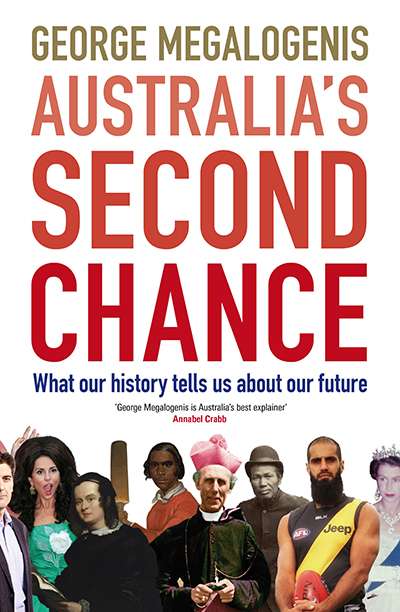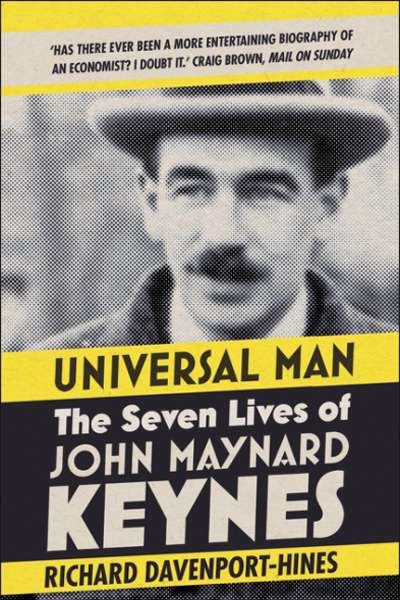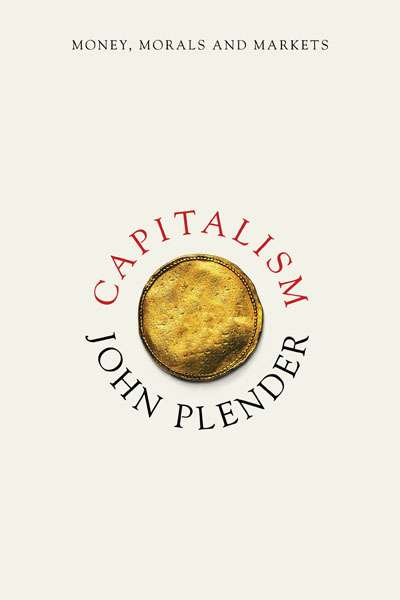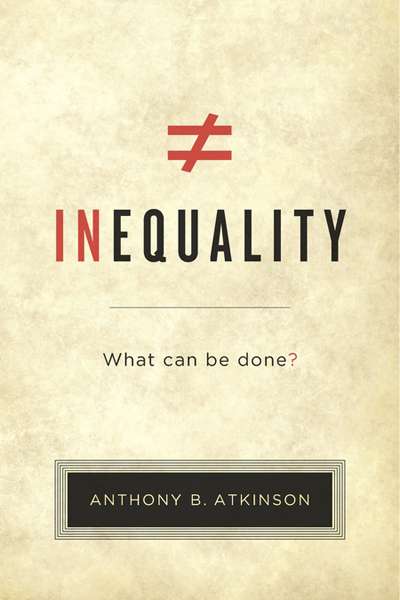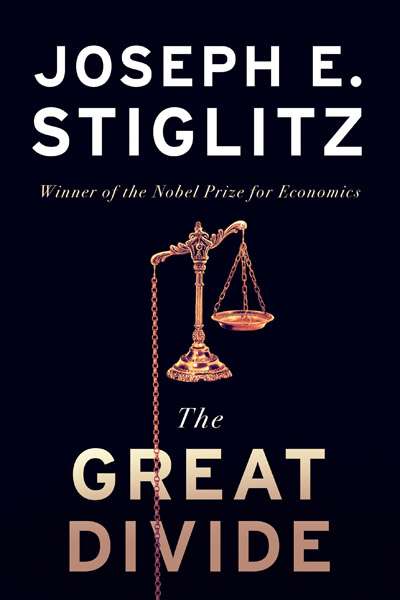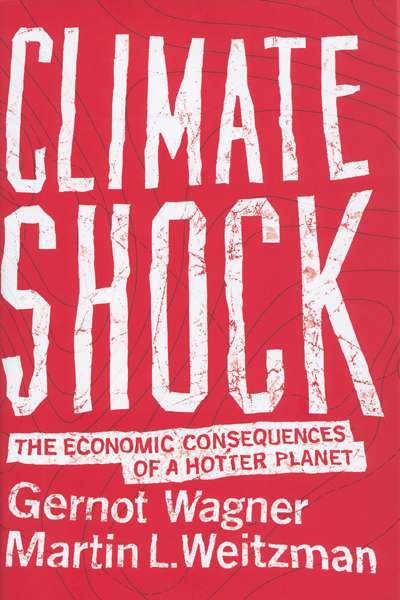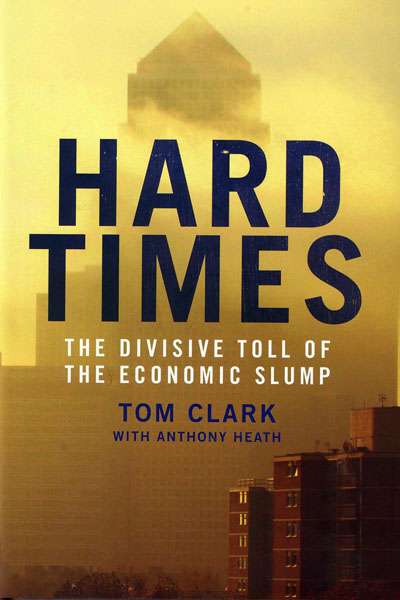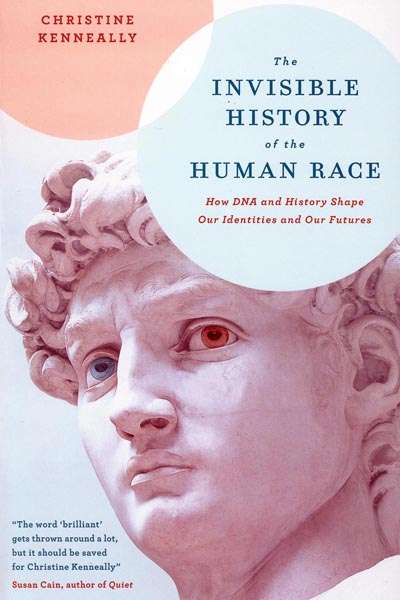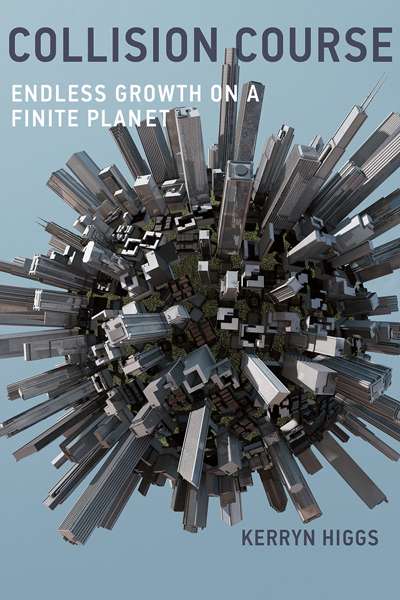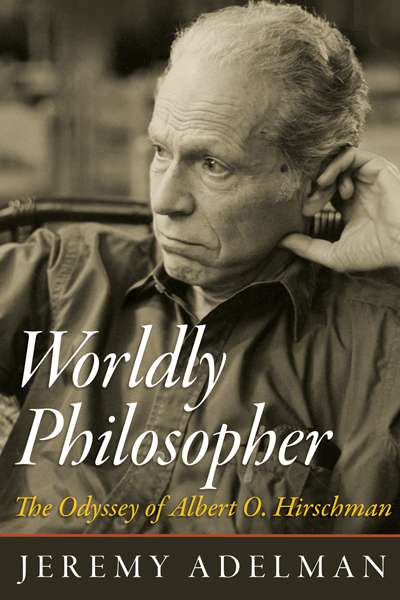Economics
AUSTRALIA’S SECOND CHANCE by George Megalogenis & BALANCING ACT by George Megalogenis
Compared to the epic narratives of America and Europe, our story can seem rather unglamorous. Australia's 'tyranny of distance' from the seismic events of world history induces a vague sense that Australians labour under a certain tyranny of irrelevance. Perhaps we don't look hard enough to appreciate what is unique about our past. Or is is that our innate sense of ...
Universal Man: The Seven Lives of John Maynard Keynes by Richard Davenport-Hines
John Maynard Keynes has not lacked for biographers – about a dozen at last count. His first, his student Roy Harrod, established the framework of the public life, though providing only a sanitised version of the private Keynes. Donald Moggridge wrote the definitive account of the economic man, while Robert Skidelsky, with his three-volume work, John Maynard Ke ...
If free markets promote themselves as the most effective and efficient way of creating and sharing prosperity, then growing inequality has emerged as one of their deepest failings in the early part of this century. After all, how ‘effective’ is having ninety-nine per cent of the world’s wealth go to less than one per cent of its population? Is it ‘effi ...
Consider the following statements: unregulated markets achieve the best outcomes for society; ‘A rising tide lifts all boats’; government intervention, regulation, and redistribution damage economic growth; tax cuts for the rich are a reliable way to foster growth; financial market innovations create growth and benefit society. A ...
Climate Shock: The economic consequences of a hotter planet by Gernot Wagner and Martin L. Weitzman
Writing an effective book on climate change is a challenge as diabolicalas it is important. The complexity of the science, economics, and politics is daunting. How to extract the diamonds lurking in the rough of the International Panel on Climate Change reports? How to balance the good cop, dishing out hope, with the bad, lashing the reader with honest accounts of p ...
Hard Times: The divisive toll of the economic slump by Tom Clark and Anthony Heath
It is now more than six years since the Global Financial Crisis threatened to topple the banking systems of the Western world. Although a complete breakdown in the financial system was ultimately avoided, one consequence of the events of 2008 has been the biggest slump in economic activity since the Great Depression. Australia was, in the main, spared the economic damage that ravaged large parts of Europe, and there has been little discussion in these parts of the causes and social effects of what the authors refer to as the ‘Great Recession’. Somewhat surprisingly, on the evidence presented in this book (and despite both the United States and the United Kingdom being severely affected) it would seem that the Anglosphere at large is guilty of what the authors call the ‘veil of complacency’. The book asserts that in those countries there is little concern for either the financial consequences or the victims of the crisis. Why should this be the case? Perhaps the Great Recession was not as bad as the headlines have suggested.
... (read more)The Invisible History of the Human Race: How DNA and history shape our identities and our futures by Christine Kenneally
In the current fad for omnibus histories of absolutely everything, designed to replace ancient metaphysics, perhaps, or answer some marketing brainwave, no one has succeeded in quite the way Christine Kenneally has. She approaches her task with a very specific enquiry: what is the interplay between genetics and human history? Searching for an answer, she uncovers worlds within worlds.
... (read more)Collision Course: Endless growth on a finite planet by Kerryn Higgs
This clear and cogent book is an important wake-up call. It should not need saying that it is impossible for human populations and economies to grow without limit on a finite planet, but that delusion is widespread. This book is a reminder of the inconvenient truth that should be informing our leaders ...
... (read more)Worldly Philosopher by Jeremy Adelman & The Essential Hirschman edited by Jeremy Adelman
Albert O. Hirschman (1915–2012) was a development economist and political theorist whose work is essential reading for anyone interested in understanding how economic life figures in the political worlds we inhabit and the ways in which we give meaning to our lives in market-based societies. Perhaps best known for the distinction between ‘exit’ and ‘voice’, Hirschman was a prolific theorist who wrote about the role individual moral virtue and individual self-interest should play in economic activity, how economic growth in the developing world might best be achieved, and the reactionary rhetoric of neo-conservative politicians in the late 1980s, to list but some of the areas he covered. Hirschman’s writing was elegant; further, he understood the importance of the well-chosen word. He was, as this new biography by Jeremy Adelman shows, an economist for whom the essays of Montaigne were as important as the writings of Ricardo and Smith.
... (read more)

